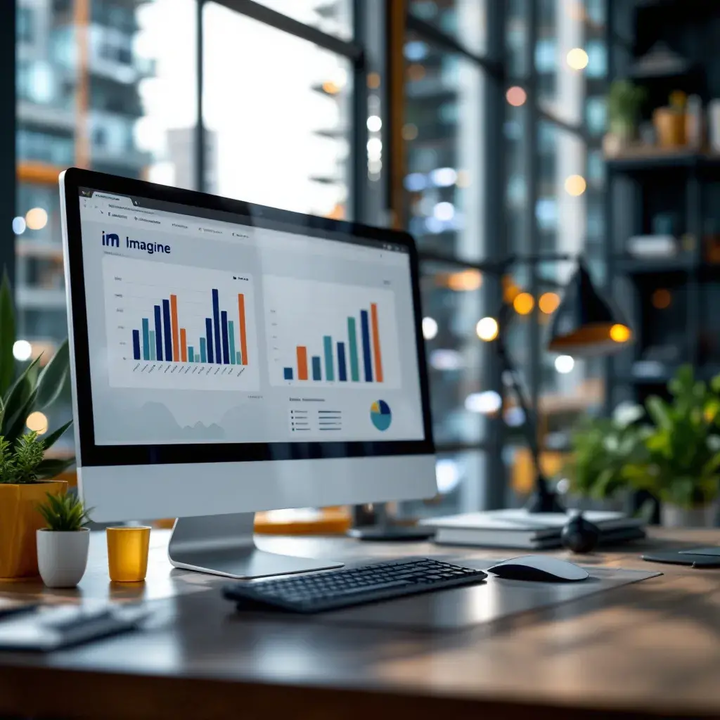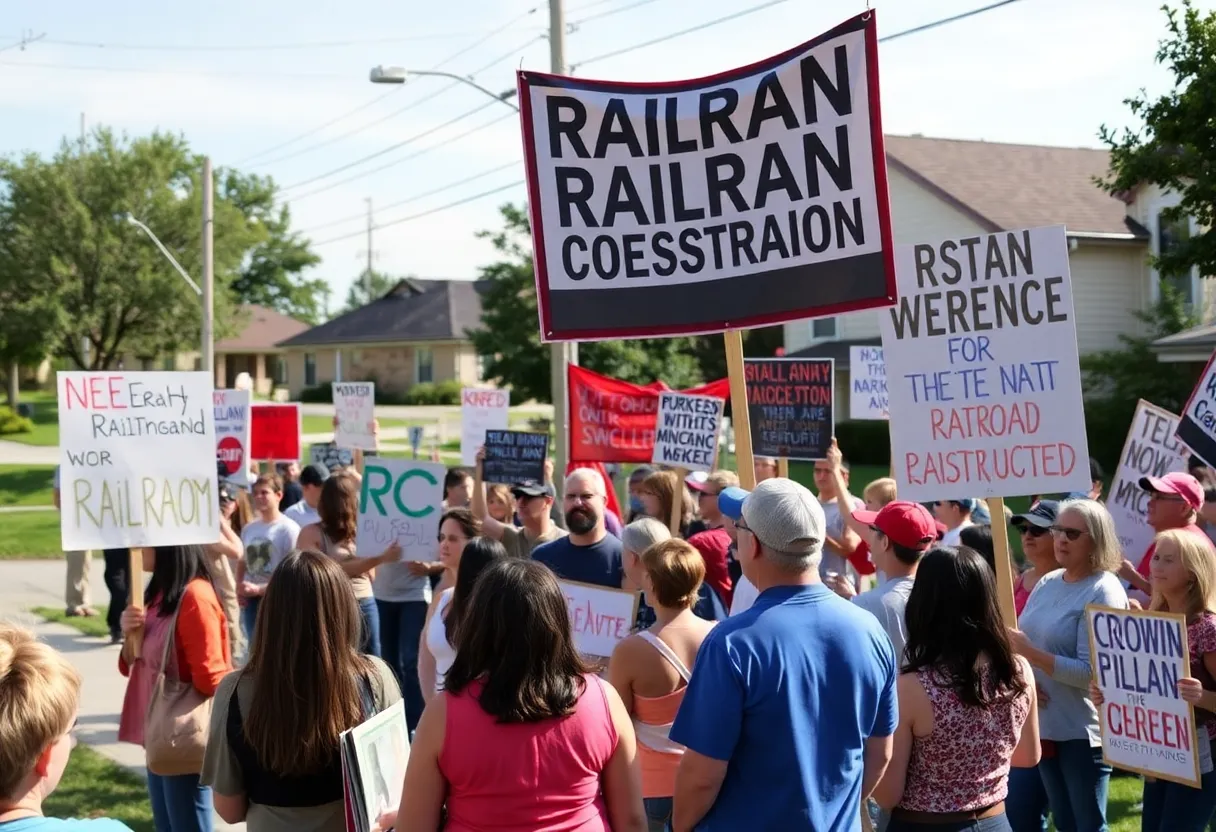Austin ISD Board Approves Tax Rate Election to Mitigate Budget Deficit
Austin – The Austin Independent School District (AISD) Board of Trustees has approved a voter-authorized tax rate election (VATRE) in a bid to reduce the district’s sizable budget deficit for the 2024-25 academic year.
The Scope of the Financial Deficit
Regrettably, the AISD is grappling with a fiscal deficit of $119 million. The board believes that a voter-approved tax rate increase could substantially reduce this deficit to approximately $78 million, prior to implementing any budget cuts. Consequently, the revenue generated from the tax rate increase will be primarily earmarked for enhancing teacher and staff salaries.
Reason for the Deficit
Many trustees voiced their opinions regarding the bleak financial position of the district, attributing it primarily to the failure of the Texas legislature to raise the basic allotment – the per-student funding provided by the state to school districts. Notably, the basic allotment has remained stagnant since 2019, thereby considerably diminishing the purchasing power of the school districts due to inflation.
Opposition to the VATRE
Kevin Foster, a member of the school board, was the sole trustee against the proposition of putting the tax rate increase on the ballot. In his rationale, Foster expressed concern over the significant portion of the anticipated revenue that would be redirected to the state coffers.
The Potential Impact of the VATRE
The district is projected to raise a total of $171 million through the VATRE; however, $130 million of this revenue is expected to be recaptured by the state. This implies that other tax-poor school districts will benefit from the additional funds, and Austin ISD will be left with about $44 million to help offset its budget deficit. School Board President Arati Singh equated this amount to an average per-student increment of $550.
The Tax Rate Increase
Should the tax rate increase be approved, the rate will rise by $0.091. This translates to an extra 9.1 cents per $100 of a property’s taxable value—a change from the current rate of $0.8595 to the proposed $0.9505. Subsequently, district officials anticipate that the typical homeowner will have to shell out an additional $412 annually or $34 every month.








